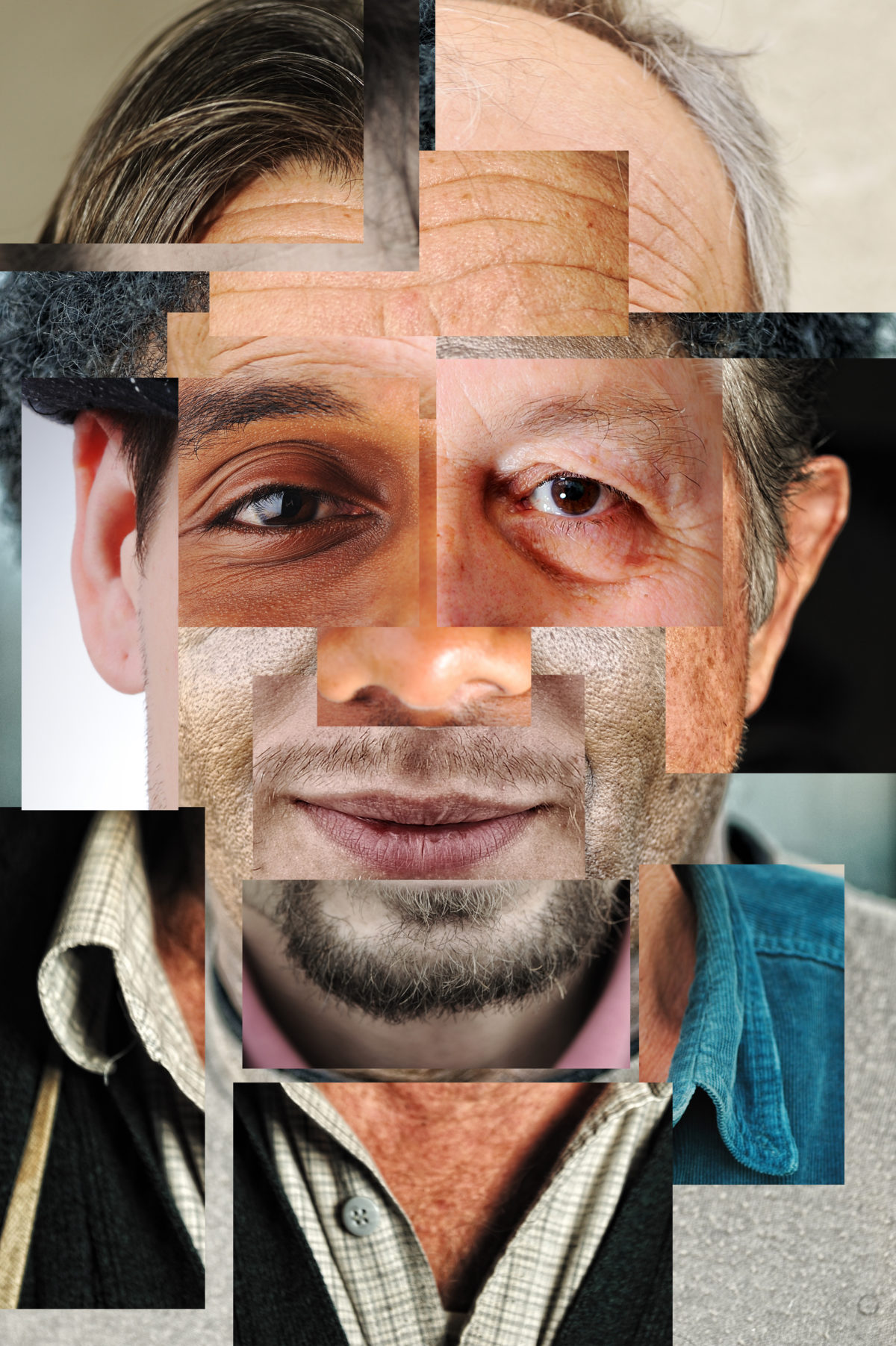Facebook’s record-breaking $5 billion settlement, proves the FTC takes consumer privacy very seriously. Will Facebook’s settlement spark other class-action lawsuits based on claims of privacy abuse relating to the Biometric Information Privacy Act (BIPA)? Forensic Expert Lee Neubecker and attorney David Rownd from Vedder Price discuss the ramifications of this settlement and dissect what really constitutes biometric data?
Part 2 of our 3 Part Series on BIPA
The Video Transcript Follows.
Lee Neubecker (LN): I am back again with David Rownd, and David’s going to talk a little bit more about BIPA. We’re talking about in the news recently, Facebook just reached a very large settlement related to claims of abuse relating to BIPA. What does this mean with such a large settlement? Is this inviting all the plaintiff attorneys to file more and more class-action lawsuits?
David Rownd (DR): Well, this has been a very active area of the law, and yes, the answer is yes. There’s a lot of class actions going on in this area, and it’s largely as a result of the low threshold to become a plaintiff in that you don’t have to establish specific damages, and the mere fact that the law has been violated can make you an aggrieved party who has the standing to file a lawsuit.
LN: Just so we can be clear, can you give some examples of what constitutes BIPA biometric data and what isn’t?
DR: Well, fingerprints are biometric data, a retina scanner, the veins in your hands can be evaluated as biometric data, and other things as well.
LN: What about the way you walk or the way you talk?
DR: Their voice recognition has been considered to be biometric data. Handwriting is not biometric data.
LN: So, devices like Siri and Alexa, is there a potential they’re going to fall into that?
DR: I think that that is certainly a possibility.
LN: So are we going to have to sign a contract before we use Alexa or Siri to protect, for them to be protected?
DR: I wouldn’t propose to advise Siri and Alexa as to how to conduct their business.
LN: Very good answer.
DR: I think that there is a possibility, certainly.
LN: So what do you think the future holds for BIPA-related lawsuits?
DR: Well, this is certainly an opening for plaintiffs lawyers to go after, and you see this in a variety of different areas where the law creates a low threshold to get in the courthouse door and potentially high exposure for defendants. You have plaintiffs lawyers who are attracted to that and they go after it, and that’s currently what’s happening now with BIPA in Illinois and why there are so many lawsuits filed.
LN: And I think it relates to, the fees are based on each instance of biometric data, so potentially you have multiple videos, multiple pictures, this data is stored, and if you can be aggrieved without the data even getting hacked, it’s a very large potential, which is probably why Facebook settled because what it could be much greater. And they probably weighed their risk and decided it made sense to settle.
DR: I think that’s probably right.
LN: Well, thanks again for being on the show, I really appreciate it.
DR: All right, thanks for having me.
View Part 1 of our 3-Part Series on Biometric Data
Other Related Articles on Biometric Data
FTC’s Press Release on Facebook’s settlement on Biometric Data
If you live in Illinois and use Facebook read this story from WGN, about Biometric Data.
https://wgntv.com/2020/01/30/facebook-may-pay-550-million-to-illinois-users-to-settle-lawsuit/

